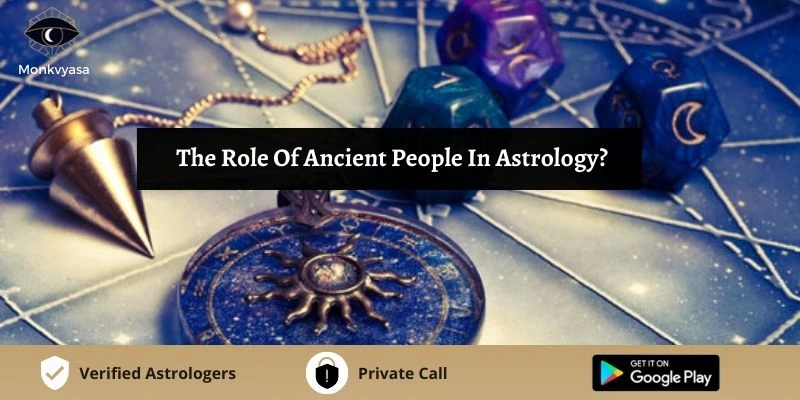

Astrology may be traced back to the historical Babylonians. They have been the first to attach myths to constellations and outline the zodiac symptoms and symptoms. This machine became delicate with the aid of the Egyptians, after which with the aid of the Greeks. Astrology became additionally practised in different historical cultures. In Greek, the word “Astro” means “star.” Astronomy and astrological understanding have grown collectively in numerous components of the world.
Babylonian astrology dates from the second century BCE. Mesopotamia recognized five stars similar to the Sun and Moon. They used a technique of prediction referred to as the Enuma Anu Enlil. Earlier kinds of astrology relied heavily on omens. The Babylonian wide variety machine gave an upward push to the minutes and seconds used to degree the zodiac. The historical Babylonians were those who divided the heavens into twelve symptoms and twelve symptoms, or constellations. These twelve divisions have been later named the zodiac with the aid of using the Greeks. The Babylonians used astrology to make vast predictions for the whole nation, which we now call mundane astrology.
The Greeks made large contributions to astronomy and astrology. The hyperlinks to the Greek gods keep advantaging astrology. When Alexander the Great’s conquests unfolded in Asia, it was widely believed that the Greeks had uncovered the understanding of astrology that existed within the regions that they conquered, including Babylon, Syria, and Persia. They modified the astrology script into Greek.
Hipparchus, a Greek astronomer, developed trigonometry and the equinox precession. Ptolemy, a Greek mathematician, astronomer, and astrologer, wrote the Tetrabiblios. He went into outstanding elements approximately the planets, houses, symptoms, and factors, in addition to their functions. His definitions are nevertheless relevant to trendy Western astrology exercises. Ptolemy additionally defined how the zodiac corresponded to and aligned with the solstices and equinoxes. He additionally explained why planets seem to slow, speed up, and retrograde from Earth’s perspective.
Also Read: The Purpose Of Astrology.
The Romans made no adjustments to the exercise of astrology. However, their data and documentation have fared better. We have Marcus Manilius’ Astronomica, a poem that covers many aspects of astrology. In Dorotheus of Sidon’s poem on astrology, the idea of triplicities is described.
Astrology was practised extensively in Hellenistic Egypt. We can see depictions of the Zodiac’s twelve symptoms and symptoms in historical Egyptian bas-reliefs. The Egyptians valued the heavenly bodies and believed they had an effect on all humans. They used calendars that displayed beneficial and unfavorable days, much like horoscopes. The pyramids were no longer the most effective of the Pharaohs’ very last resting places, but in addition, they had astronomical significance. Their sloping corridors have been extensively utilized as astronomical sighting tubes.
The historical Mayans of Mexico additionally practiced astrology. A historical staircase ends in home windows on the Caracol Observatory. Each of those home windows corresponds to the planets’ positions at distinct instances of the year.
Many of the Greek ideas of astrology have been followed with the aid of using the Islamic world. There became additionally numerous understanding trade among the Arabs and India. Between the 8th and 10th centuries, there were numerous studies conducted in those fields in Baghdad. Many works have been translated from Greek, Sanskrit, and Pahlavi into Arabic with the aid of their scholars. They then used all of this understanding to fully understand the needs of their religion, Islam, which required them to decide the time and route of Mecca for prayer. As a result, they created calendar gear and techniques in response. To know more about role of ancient people talk to our best Astrologers.
Follow us on Instagram and Youtube for more Astrological videos.